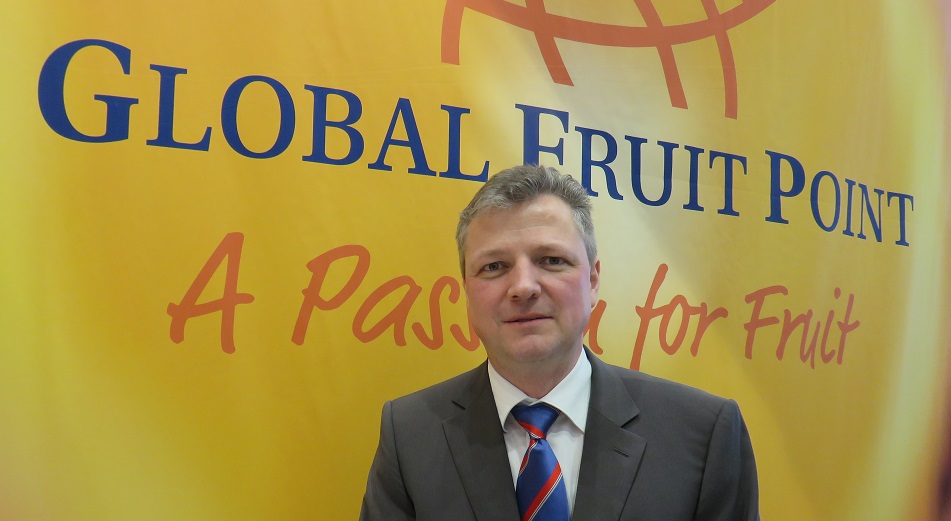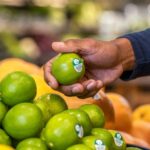EU approach to pest controls at odds with pesticide residue stance, claims importer

As of Jan. 1 this year the endemic African false codling moth (FCM) became a regulated pest in the European Union, leading South African fruit industry groups to introduce new mitigation systems. It's the kind of situation the industry has faced before with citrus black spot (CBS), and Thies Claussen of Global Fruit Point isn't the first two draw a parallel between the two. He claims the issue is politically motivated as a non-tariff barrier, with implications that go against broader trends to reduce pesticide use.
"I just want to put the question on the table. What is it that we are looking for as Europeans?" asks Claussen, reflecting on what he describes as a "political compromise" between the interests of EU growers and fruit suppliers from outside the community. 
He says that compromise is found in the development of CBS protocols.
"You can’t carry that disease [CBS) through the fruit, but through plant material like leaves. And with plans like we have them in the industry it's simply not possible to bring it from one production country to another," says Claussen, whose company is incorporated in Germany with branch offices in the Netherlands and the Czech Republic.
"Citrus fruit producing countries in Europe try to keep out competition from overseas, turning a non-scientific issue into a political issue.
"I’m not very convinced by all the statistical reporting, of whether the reports of citrus black spot detections in Mediterranean countries were really true."
He raises concerns about the level of lobbying activity from EU growers in Brussels whose political achievements may run counter to a fair deal for importers like himself.
"My concern is that our voice and the voices of the fruit-producing countries are not loud enough to convince lawmakers in Brussels," Claussen says.
"Citrus exporting and producing areas in South Africa are obliged to follow a certain plant protection program to spray as much pesticide as needed to control citrus black spot, and that whole system ignores that the fruit which we finally put in the box is not important for transmitting the disease.
"That is totally in contradiction to what the European market is looking for, which is fruit with as little spraying of agricultural chemicals as possible."
As a result, the importer laments how some areas he knows well that used to export grapefruit to Europe can no longer ship to the old continent, making business unviable.
"As a consequence, growers in some areas have divested - there is no citrus production is taking place," he says.
"My concern is that what happened with citrus black spot is repeating with the false codling moth today. That issue might be misused on the political stage to protect European production from non-European production areas."
Claussen encourages the South African industry and scientists from around the world to study and explain the nature of FCM transmission.
"There is a big hurdle. What it means is there’s a highly complicated situation which needs to be explained in simple terms that everybody can understand," he says.
"My suggestion would be for the fruit-producing countries like South Africa to do such studies, but not end up with a 200-page report nobody is really understanding."
But we pose the question to Claussen of whether the two pests can be discussed in similar terms, given CBS is a fungus and FCM is an insect. Is it possible that FCM could establish itself in Europe?
"Provided that larvae are still alive and I question and I doubt that all the larvae are really alive when they are reaching the market," he replies.
"In turn if the larva is really able to escape from the fruit and survive in the environment, the moth is not very much in favor of low temperatures, so that all plays a role.
"It is important to understand that and to believe common sense is used to manage a certain challenge."
He also urges stakeholders not to go down the path of cold sterilization for treating FCM.
"You could cool something and chill it to kill the insect or disease, but that is somewhat short-sighted thinking because we are actually looking for sound and safe fruit to the consumer here in Europe.
"If you freeze a plum or an orange you might kill what’s inside, but for sure you kill the fruit."














































